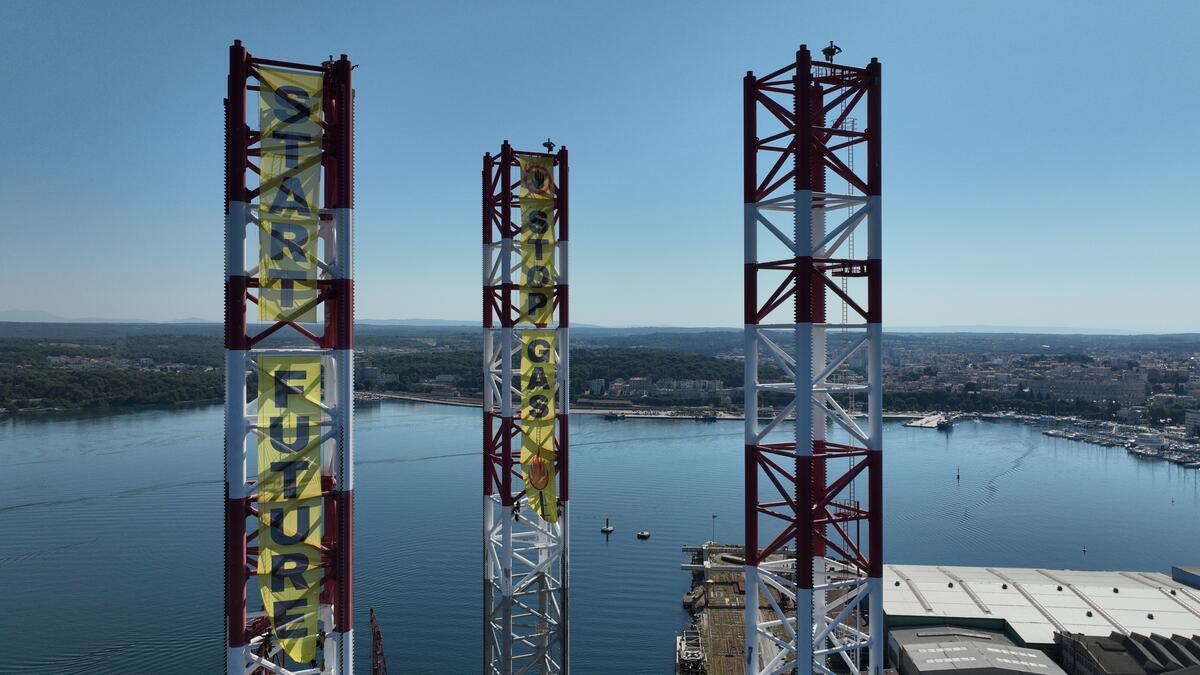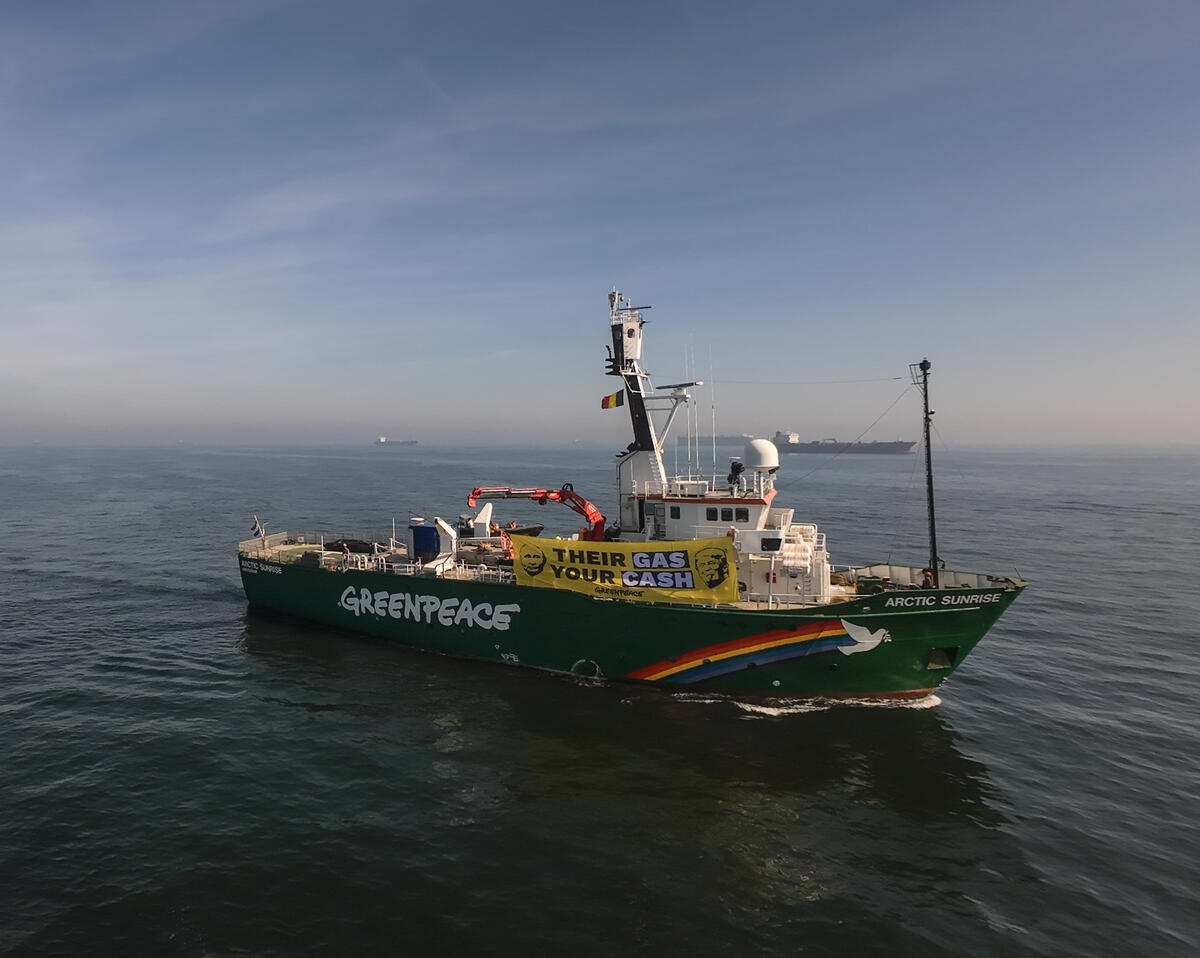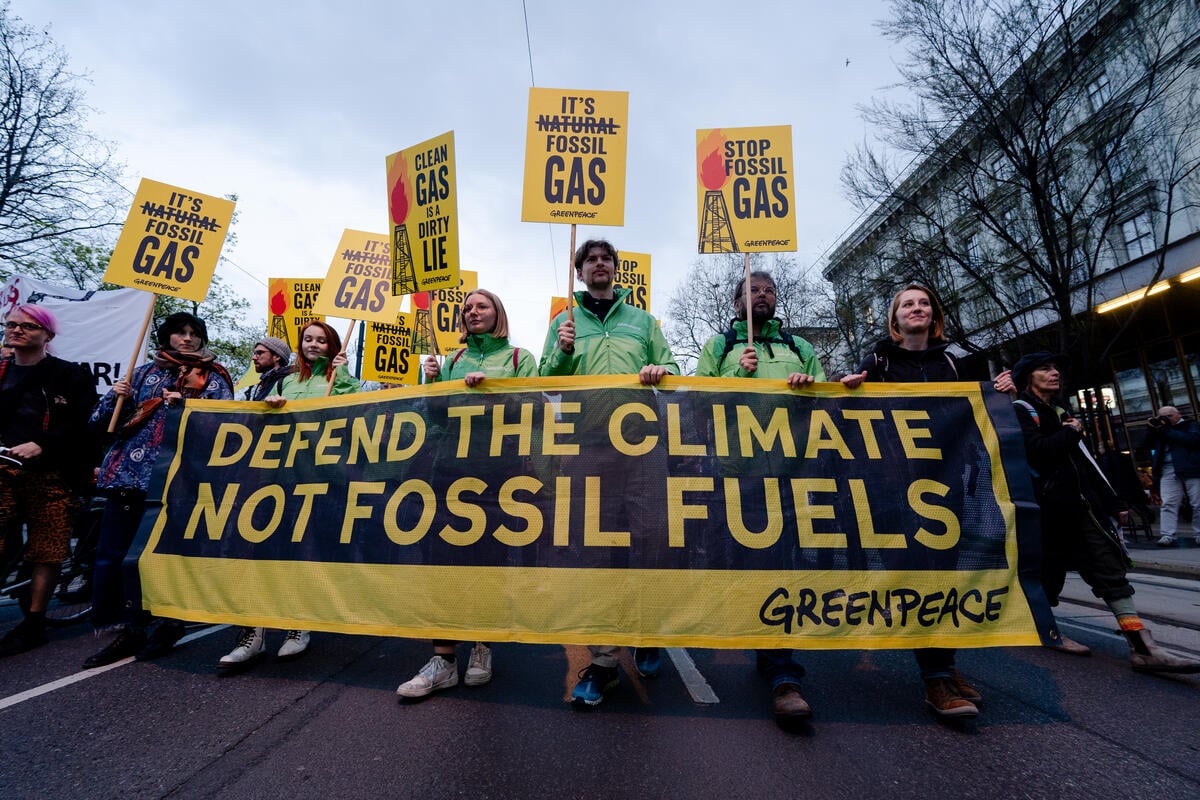Berlin, Germany – With CO² emissions from transport growing to over one quarter of the EU’s total carbon footprint, a Greenpeace Germany report highlights the most effective measures to make way for electric vehicles (EVs) on the road as part of changing the way we travel and tackling the climate emergency.[1]
The report found that governments that implemented car restricting measures were the most effective in getting diesel and petrol cars off the road — but only if these requirements are set at ambitious levels. Additionally, policy that creates widespread access to charging stations can have a critical impact on the adoption of EVs.
“With our climate in serious peril, governments must stop ignoring the elephant in the room: the transport sector, which is one of the biggest emitters of CO² emissions. Transport emissions have been rising steadily for years and that’s why a rapid transition to shared electric mobility should be part of a sustainable energy future. If planned correctly, electric vehicles and renewable energy have the potential to go hand-in-hand,” said Barbara Stoll, a Greenpeace International Transport Campaigner.
Research conducted by the Berlin-based Ecologic Institute analysed ten existing policy measures from across the world that have had a direct impact on the increased adoption of electric vehicles. The research also noted:
- Combining a few measures and sequencing them over time is highly beneficial
- Governments that adjust financial support for EVs to reflect market developments is needed
- Financially incentivising the purchase of EVs and disincentivizing the sale of diesel and petrol cars is key to making the transition away from polluting cars.
The report was released ahead of an EU climate summit on June 20th and 21st, where policy makers are expected to discuss Europe’s long-term climate plan.[2] The report should be considered as one part of a larger roadmap for decision makers, helping to guide them through a successful transition away from petrol and diesel cars to one that promotes a radical and sustainable shift in urban mobility.
“We see electric vehicles as an important step towards a fossil-free future, yet by no means should they be viewed as the end-all-be-all on the pathway towards finding sustainable mobility solutions. Policymakers must also prioritise the improvement and extension of public transport networks that run on renewable energy, improve and extend cycling and walking infrastructure, and increase infrastructure to support the safe uptake of micro-mobility solutions,” said Stoll.
ENDS
[1] Links below to the full report and media briefing.
[2] Since 1990, transport emissions have been rising — 25% higher in Europe and 74% higher globally. By far the greatest source of those transport emissions — about 70% — comes from road transport https://www.iea.org/statistics/co2emissions/
LINKS
Original report can be found HERE
Media Brief can be found HERE
Contacts:
Lauren Reid, International Comms Lead, Clean Air Now, Greenpeace Belgium: +44 7367 074602, [email protected]
Greenpeace International Press Desk, [email protected], phone: +31 (0) 20 718 2470 (available 24 hours)
Follow @greenpeacepress on twitter for our latest international press releases



